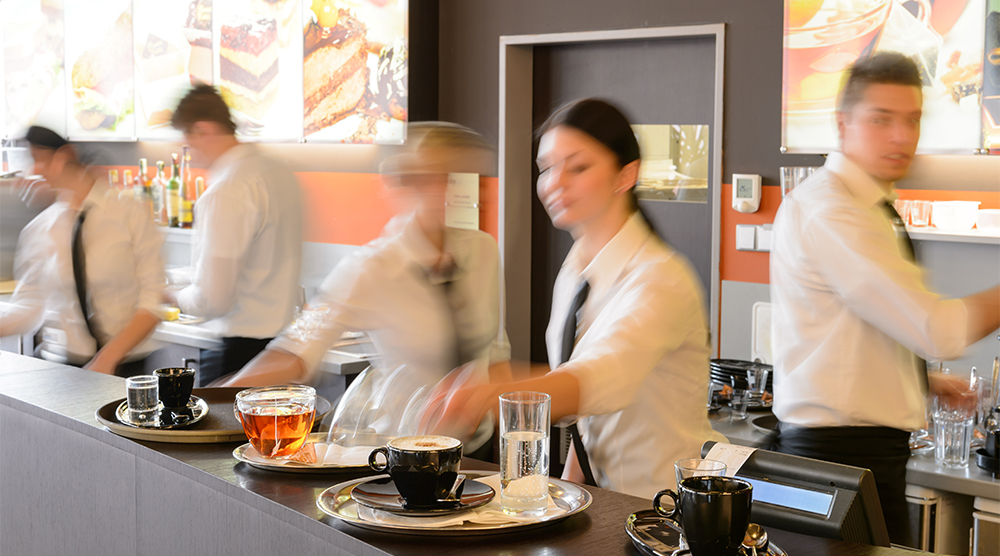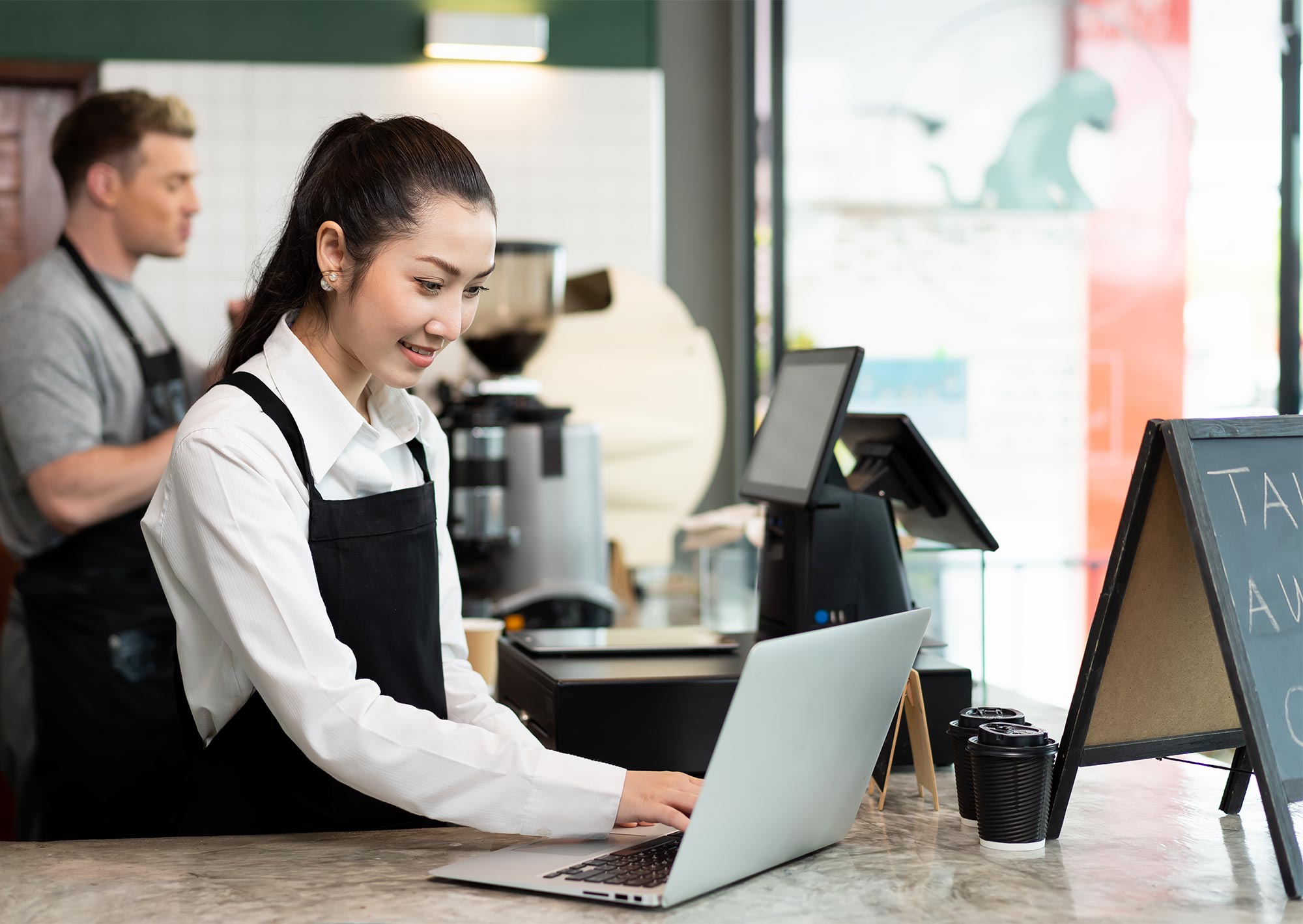POS (Point of Sale, also referred to as EPOS) systems are part of the critical architecture for almost all hospitality venues. They are used for a variety of tasks, including: processing card transactions, assisting with inventory management, collecting data and helping to coordinate front-of-house and back-of-house operations.
The benefits of a two-way integrated between a POS and table management systems for hospitality venues can be significant. As per Maitre-D and Oracle Micros (two POS systems that can be integrated with ResDiary) The data that’s automatically and accurately inputted through these systems can help staff to manage bookings and walk-ins, maximise covers, offer marketing programs and improve service in line with customer information.
Already a ResDiary customer? We’d love to help you integrate your diary with your POS system.
There’s a variety of POS systems which offer different features, price points and benefits for hospitality venues, and ResDiary integrates with many of them. Here’s a primer on what POS systems are, why they can be important for hospitality venues, and some of their uses.
Processing card transactions
With credit cards typically used over cash, a core function for any Point of Sale technology is the processing of digital transactions. POS systems compute the cost of a number of items – for example, the cost of a drink, burger and chips – and, with the tap of a credit card, the transaction between buyer and seller can be made.
A digital or physical receipt can then be printed and the inventory for that particular item is updated to reflect the transaction. This is neatly illustrated on Square, which is integrated in ResDiary Lite.
The process is relatively quick, easy and removes the human error that may be involved in working out what was ordered, calculating costs and – if cash is used – organising the correct amount of change. Depending on the program, POS systems can be connected to tablets so payments can be processed anywhere in the venue. Some POS systems also offer flexible forms of payment, including split bills.
Reporting and analytical tool
Some POS systems provide businesses with real-time data and reports covering a range of preferences and decisions made by customers. These reports can leave venues well-placed to set benchmarks, make changes or establish successful processes after a trial period.
Online orders
A useful feature that’s incorporated in certain POS systems is online orders for delivery, takeaway or eat-in. One program that offers this is Bepoz, which is also integrated with ResDiary. Bepoz enables customers to view the menu of partnered businesses, order items in advance and pay for the meal at the time of ordering. This feature can help to minimise lines and limit physical interactions with staff, which is particularly important during COVID-19 restrictions. Some patrons might also feel more comfortable ordering online, rather than over-the-phone or in-person.
The features offered by connecting a POS system to a table management service like ResDiary may vary depending on the software at hand. Before settling on a POS system, conduct research, and find the one that is most suitable for your hospitality venue. To find out more, consider booking a personalised demo for your venue.
Not yet a customer? Find out how ResDiary and POS integration can work for your venue
Disclaimer: This guide is general in nature and does not take into account your individual circumstances. Before acting on any information, you should consider whether this is right for your business.



